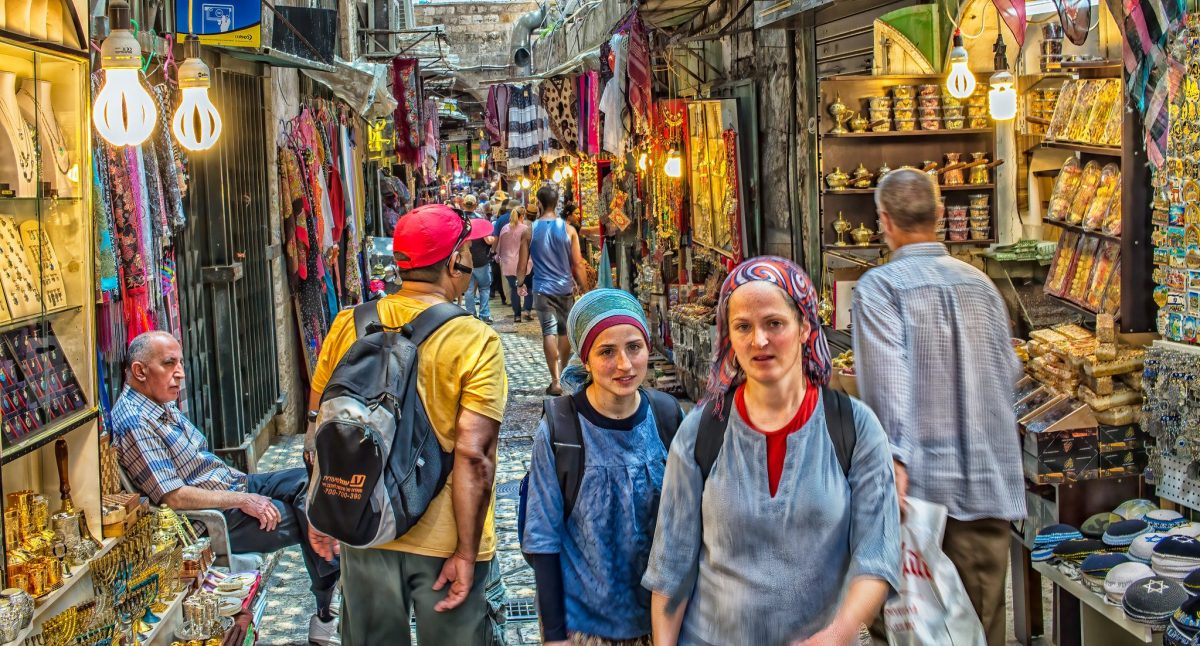There is a reason people tell stories, in story form, at arm’s length, instead of telling what really happened, with no insulation from the truth of a thing, the fact that it actually happened, the confusion, the horror.
It was the day after our daughter Daniele died. By this time we were sleepwalking through the necessary tasks. Rachel’s best friend from childhood was an administrator for the Illinois funeral directors association. Her name was Deedee, which was also Rachel’s name as a kid. The two Deedees spoke on the phone. The other Deedee referred us to a local funeral home, which was experienced in funerals for suicides.
The funeral home called and asked if there were any objects or favorite things Daniele might wish to have included in the funeral presentation.
All I could think of was the heavy steel necklace she always wore, a badge of her convictions and toughness. She was wearing it when she died. My task was to go to the place where she was being embalmed — a different funeral home, but owned by the same chain — and fetch it.
I hit a desk bell and a man in an apron entered from a side door, carefully closing it behind him.
“The funeral home on 4th Avenue asked me to get Daniele Finley’s necklace,” I said.
The man, looked at me warily. “I can get that for you. I know the one you mean. We’re working on her now.”
Then I said the stupid thing. “Is there any chance I could see her?” I hadn’t seen her in almost a week. They took the body away before I could see it.
The man shook his head. “Mister, you don’t want to see her now.”
The reality of what he was saying made me gag. I was being a father, hoping for a nice visit, while he was in the midst of some dreadful assembly work.
I knew from the emergency techs that Daniele’s tongue protruded after death and was black. I pictured her dog Zeppo whining at her side, hoping to lick her back to life. I thought of the medical examiner commencing the autopsy. I thought of my daughter being sawed into pieces like a roaster and stacked up and weighed, and then sewn back together. Everything terrible raced through my mind. Me catching her at the moment of birth, her opening her mouth and her lungs to say “Ahh,” her body blue and dusky from her efforts, her beautiful open-eyed self resting on my lap, head bent over my arm, drifting into sleep.
This feeling raked me. I threw up on the curb and the grill of my Toyota. I kept vomiting for another minute, ejecting tears and stomach acid in the same gray puddle.
I didn’t see her until the night of the wake. They put her back together about right. But she was puffy and exhausted-looking. She looked older than she was, only a week from her twenty-fifth birthday. I patted her cold hand. I told her how I loved her, and how I hoped she was safe.
This was the way I would have to remember her, before they rolled her into the furnace and reduced my child, my beautiful daughter, to a pouch of aquarium gravel.
And that’s why we tell stories. Stories allow us to stand back and nod. They teach us lessons. They protect us from the madness of life. It’s in a frame. It’s vicarious. It can’t escape and eat you.
Because this was no “story,” it happened. Little girls die in ditches and the world races by. There are no lessons then, there is only death and corruption. God was a joke. Jesus, useless. Why did no angels fly to her assistance? Why didn’t they have pity on a poor little match girl, her last matches burnt, her naked fingers exposed to the winter air.
Cover photo courtesy of imagenusphoto via Flickr
Mike Finley is a winner, not a nominee, of a Pushcart Prize. He's published over 200 books of different kinds. His latest is ROBERT BLY AND THE MONK IN HIS CELL (Kraken Press, 2015), with master bread baker Danny Klecko.








